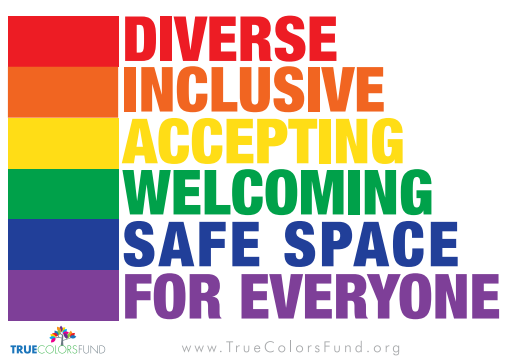Understanding Commercial Sexual Exploitation
Commercial sexual exploitation (CSE) is a grave violation of human rights where individuals are forced, deceived, or coerced into engaging in unlawful activities such as drug trafficking, prostitution, and theft (United Nations Office on Drugs and Crime). This blog explores why victims of commercial sexual exploitation, who face immense physical, psychological, and emotional trauma, should not be held criminally responsible for their involvement in such activities.
Psychological Impact on CSE Victims
Victims of CSE experience profound psychological trauma, including post-traumatic stress disorder (PTSD), anxiety, and depression due to coercive tactics used by traffickers (World Health Organization). Tactics such as: betrayal of trust, acts of violence, threats of violence and/or deportation, and isolation. This trauma greatly impairs their ability to make independent decisions, leading them to engage in criminal activities for survival rather than by choice.
Advocating for Compassion and Justice
Numerous jurisdictions acknowledge the challenges of trafficking victims and have enacted laws to protect them instead of punishing them. For example, the Trafficking Victims Protection Act in the United States prioritizes victim identification and support, providing alternatives to prosecution. Additionally, the 2018 Trafficking Survivors Act allows victims convicted of crimes due to trafficking to petition the Superior Court in the District of Columbia to expunge their convictions and related records. This is under D.C. Code Ann. § 22–1844(a).
Criminalizing victims of commercial sexual exploitation exacerbates their already challenging circumstances. A criminal record can severely limit access to housing, employment opportunities, and social services, perpetuating cycles of poverty and vulnerability (National Human Trafficking Hotline).
Instead of punitive measures, society should focus on supporting victims through trauma-informed care, rehabilitation programs, and access to essential services such as housing, healthcare, and education (Polaris Project). Empowering survivors to rebuild their lives without the stigma of criminalization is crucial for their recovery and reintegration into society.
Victims of commercial sexual exploitation should not be held criminally responsible for their involvement in unlawful activities under duress. Understanding trafficking dynamics, recognizing victims’ psychological impact, advocating legal reforms, addressing criminal record consequences, and promoting support lead to a more compassionate and just society for exploitation survivors.
How to Help:
- Support organizations dedicated to combating human trafficking and supporting survivors.
- Educate yourself and others about the signs of trafficking and how to report suspicions.
- Advocate for policy reforms that prioritize victim protection and rehabilitation.
- Provide trauma-informed care and support services for survivors in your community.
- Challenge stigma and misconceptions surrounding victims of commercial sexual exploitation.





